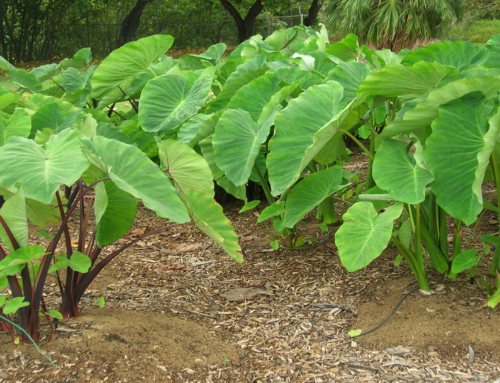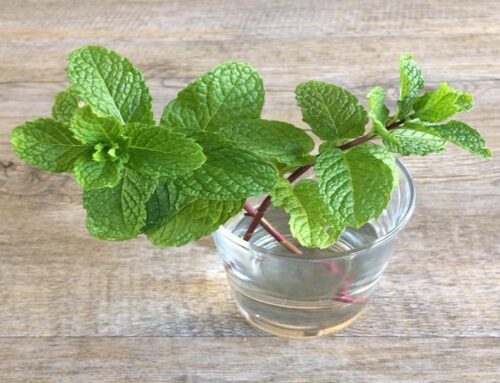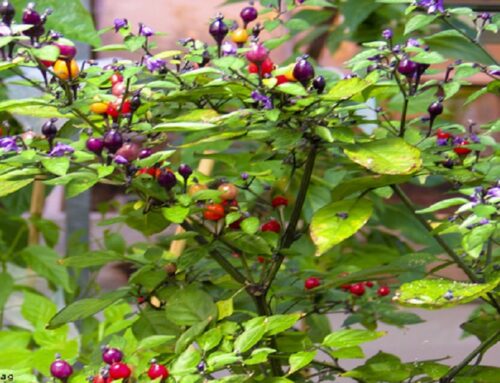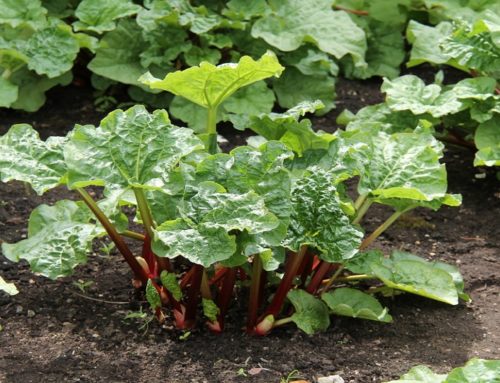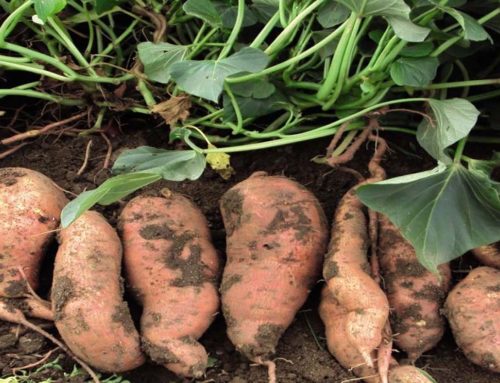Food Uses of Ginger: A detailed account of various food uses of ginger and ginger products is given below:
Raw Ginger as a Vegetable and a Fiery, Pungent and Spicy Food Flavouring Agent: Raw ginger is known as ‘fresh ginger’ which imparts the freshest and purest ginger flavour to food preparations. Young and fresh ginger roots are fleshy and succulent with a mild flavour and aroma. Normally, young and tender ginger roots are used for food preparations as mature ginger roots tend to be dry and fibrous. Sliced ginger is used for pickle preparations, chutneys and for making ginger curry pastes. Ginger pickles and various types of ginger chutneys are highly favoured food delicacies in many South East Asian countries. Ginger paste is used for making thick gravy for spicy vegetable, egg, fish and meat preparations.
Ground Ginger for Culinary Purposes: Ground ginger is used as a spice in culinary preparations. It adds flavour, taste and thick gravy to many spicy food preparations particularly non-vegetarian food preparations such as meat, egg and fish preparations.
Using Fresh Ginger as Ginger Preserves and Ginger Candies: Fresh, tender ginger rhizomes are cleaned and peeled before slicing them into small pieces. These small chunks of ginger are cooked in sugar syrup. After cooling the syrup, this hot and spicy ginger preserve is bottled in air tight containers and kept for further use. Ginger chunks immersed in sugar syrup are dried/dehydrated for crystallisation in order to make ginger candies.
Ginger Oil (Gingerol) for Medicinal and Cosmetic Benefits: Gingerol, an essential oil extracted from both fresh and dried ginger rhizomes have numerous medicinal and aromatic uses. Gingerol is sudorific (encourages sweating); expectorant (loosens and expels phlegm from lungs); stomachic (improves digestion and cures stomach disorders); and Emmenagogue (brings on menstruation). Ginger oil encourages sweating in high temperature fevers and cures cough and common cold.
Beverage Uses of Ginger: There are a number of ginger-based beverages available in the market today. Some of them are ginger ale, ginger beer, ginger wine and ginger herbal tea.
Food and Medicinal Uses of Turmeric
Food Uses of Turmeric: There are mainly two forms of whole turmeric available in the market: fresh turmeric and dried turmeric. Dried turmeric is used to prepare turmeric powder. Turmeric powder has a warm flavour and earthy, pleasant aroma. Turmeric powder is a major ingredient in many curry powder preparations. In almost all Indian food preparations, turmeric powder is used as a culinary dye to impart its specific yellow colour to food. It is believed that turmeric powder is rich in antioxidant curcumin which can prevent cancerous tumour formations in the cells.
Curcumin oil, the essential oil extracted from fresh and dried rhizomes of turmeric is rich in curcumin and is used in perfume industry and also in food manufacturing industry.
Medicinal Uses of Turmeric: Turmeric is anti-cancerogenic (fights against cancer-causing cells), antiseptic (kills harmful microbes), antifungal (cures fungal infections) and antiviral (cures viral infections). The active ingredient that imparts turmeric its medicinal properties is called curcumin which is present in both fresh and dried rhizomes of turmeric. Turmeric is also consumed internally as a stimulant.
Turmeric is anti-inflammatory and curcumin is a powerful antioxidant. Food rich in antioxidants are good as an anti-ageing diet. Antioxidants are also helpful in fighting cancerous cells. Anti-inflammatory property of curcumin is used in treating arthritis.
Turmeric is antifungal and antiseptic because of the presence of curcumin. Hence turmeric paste may be applied to cure leech bites, ring worms, skin inflammations, mouth sores, wounds, insect bites etc.
We have a book on ‘Ginger and Turmeric‘….
Check out our publishing services here…
We publish top quality videos on various ‘Food & Agriculture’ topics. You may subscribe our video channel here…


